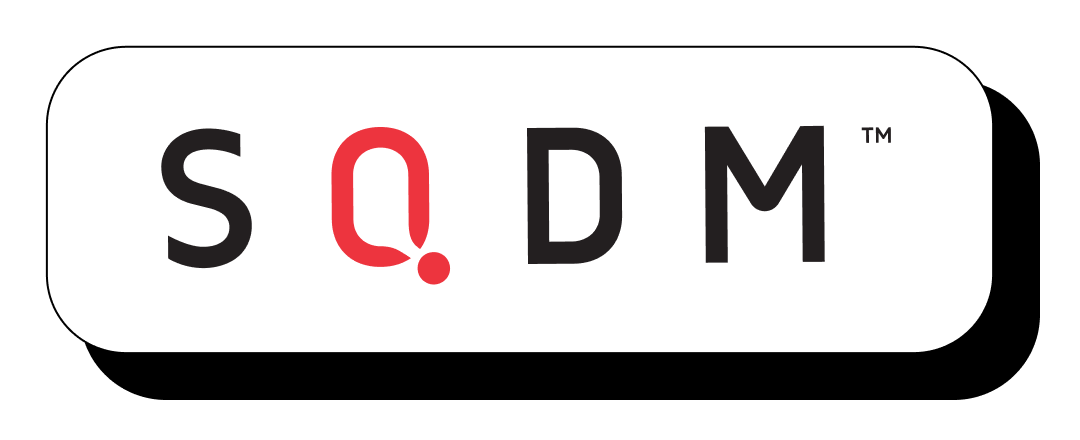Artificial intelligence (AI) has significantly transformed the way businesses manage operations and interact with their customers. Two of the most popular applications of this technology in customer service and business management are chatbots and AI agents.
While both are designed to automate interactions and enhance user experience, each offers different capabilities that work better in certain business contexts. In this blog, we’ll compare chatbots and AI agents, highlighting their benefits, use cases, and key differences to consider when choosing the right solution for your organization.
What Are Chatbots?
A chatbot is a piece of software designed to simulate human conversations through text or voice interactions. It can be used to answer frequently asked questions, schedule appointments, and provide basic information, among others. AI-powered chatbots leverage a technology called Natural Language Processing (NLP) to understand and respond to user queries, allowing them to gain a limited ability to learn and adapt.
Chatbots employ algorithms for pattern recognition in user requests and generate predefined rule-based responses. While early chatbots were limited to handling simple inquiries, recent advancements in AI have enhanced their ability to understand context and carry out more complex tasks. However, traditional chatbot apps still function under structured rule-based systems and lack the more complex intelligence that an AI agent has.
The Benefits of Chatbots
- Around-the-Clock Service: Chatbots are available 24 hours a day, which allows companies to provide assistance at any time, even outside working hours. This level of service improves the customer experience, as users can get immediate answers without waiting for a human representative.
- Automation of Simple Tasks: Businesses use chatbots to handle repetitive tasks such as answering FAQs, checking order status, or making reservations. This reduces the workload on employees and allows them to focus on more complex tasks.
- Easy Implementation: Setting up a chatbot is generally easier and cheaper than implementing an AI agent. Many platforms offer out-of-the-box chatbot solutions that require little technical customization.
- Reduced Operational Costs: By automating the most common interactions, companies can significantly reduce the costs associated with customer service, without compromising the quality of the service.
- Improved Customer Satisfaction: Chatbots enable users to receive quick responses to simple queries, improving service satisfaction and efficiency.
What Is an AI Agent?
An AI agent represents a significant advancement beyond traditional chatbots in the technological evolution. Unlike chatbots, which answer predefined questions based on a fixed set of rules, AI agents understand context, learn from user interactions, and exhibit a certain level of reasoning. With access to vast amounts of data, AI agents can analyze, process, and deliver more personalized and relevant responses.
AI agents are designed to tackle complex tasks, such as sales, advanced technical support, and expert advice. They are often integrated with broader enterprise systems, including databases, CRM, and ERP, enabling access to real-time information and allowing them to adapt dynamically to user needs. Technologies like machine learning empower AI agents to improve over time through continuous interaction with users and data.
The Benefits of AI Agents
- Real-Time Personalization: AI agents can tailor their responses and actions based on user data and behavioral patterns, offering a more personalized and relevant experience for each customer.
- Continuous Learning: Thanks to machine learning, AI agents continuously learn from each interaction, improving their responses and capabilities over time and ensuring that the service is increasingly efficient and accurate.
- Access to Real-Time Information: AI agents are often integrated with enterprise systems such as CRM, databases and analytics tools, enabling them to access real-time, up-to-date information to provide accurate and contextualized responses.
- Ability to Scale to Human Interactions: When a query becomes too complex for the AI agent, it can transfer it to a human agent, maintaining consistency in service and improving customer satisfaction.
- Improved Customer Experience: The ability of these agents to provide fast, accurate and personalized responses increases customer satisfaction, improving loyalty and positive perception of the company.
- Multichannel Support: AI agents can interact with customers through multiple channels, such as chat, email, social media and mobile apps, ensuring a seamless and consistent experience across all platforms.
We recommend: Innovation and Growth: The Power of Generative AI for Businesses
AI Agents for Sales
One of the most exciting use cases for AI agents is in the field of sales. These agents can analyze historical and current customer data, predict buying behaviors, and personalize offers based on individual preferences.
- Personalization of the Customer Experience: AI sales agents can provide recommendations to customers based on their purchase history, preferences, and market trends. This not only improves customer satisfaction, but also increases conversion rates.
- Automation of Complex Tasks: AI sales agents can handle laborious tasks such as lead tracking, lead qualification, and sales lead creation, reducing the workload of your human team.
- Improved Decision-Making: Thanks to their ability to analyze large amounts of data in real time, AI sales agents provide valuable insights that help companies make more strategic and results-oriented decisions.
Differences Between Chatbots and AI Agents
While chatbots and AI agents have similarities in their ability to automate tasks, there are key differences that you should carefully consider when implementing one of these technologies in your organization:
- Level of Complexity: chatbots are primarily designed to handle simple, predefined interactions. They work best in situations where questions are common, and answers are limited to a set of options. In contrast, AI agents can address complex queries, perform real-time analytics, and learn from interactions, allowing them to adapt to dynamic contexts and provide more sophisticated responses.
- Custom Capabilities: Chatbots offer a more generic experience, as their responses are based on preset rules. AI agents, on the other hand, can personalize each interaction by using contextual data and offering solutions tailored to the user’s specific needs. This allows them to deliver a much more personalized and relevant experience.
- Integration with Enterprise Systems: AI agents are frequently integrated with enterprise systems like CRM solutions, databases, and operational platforms. This connectivity enables AI agents to access real-time information, allowing them to provide more informed and context-aware responses. While chatbots can also work alongside these systems, their capabilities are typically more limited.
- Adaptability: AI agents can use machine learning and natural language models to continuously learn from their interactions, allowing them to improve over time. Chatbots, being rule-based, require manual updates to handle new queries or adapt to changes in user needs.
- Cost and Implementation: Chatbots do not require the same amount of data or processing as an AI agent, making them easier and cheaper to implement. However, AI agents, despite their initial cost, offer a higher ROI in the long run due to their ability to handle more complex interactions and provide a better customer experience.
Read: DigiTech Machine Learning Services: Assured Innovation
Both chatbots and AI agents are valuable tools for improving business efficiency and optimizing the customer experience. The choice between a chatbot and an AI agent will depend on your specific needs. If your goal is to automate simple and frequent tasks, chatbots may be the right solution. However, if you are looking for a tool that can handle complex queries, customize interactions and adapt to changing scenarios, an AI agent will be a more powerful and versatile option.
If you are looking to implement these technologies in your company, DigiTech offers top quality talent under the IT nearshoring model. Our team of experts will help you integrate chatbots and AI agents to maximize productivity and improve customer experience.
Contact us to find out how our customized solutions can drive your business success.


